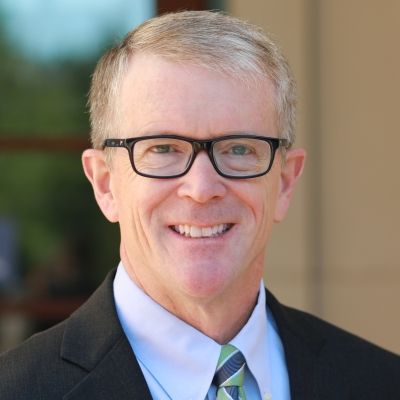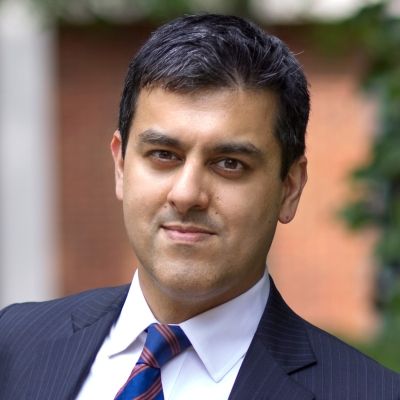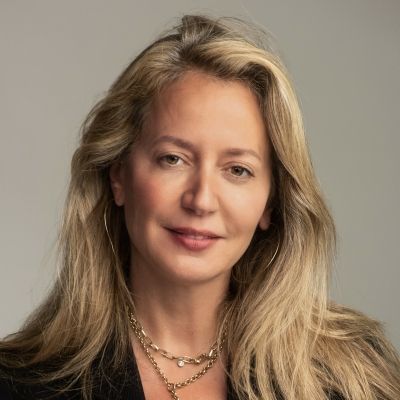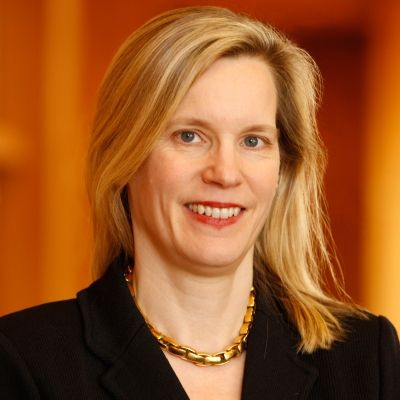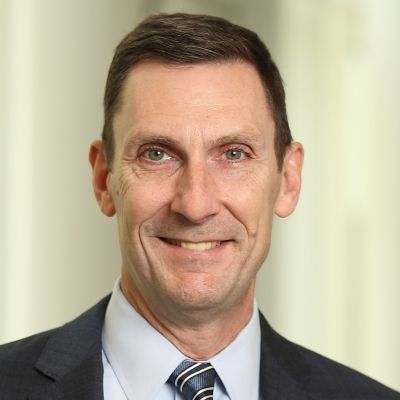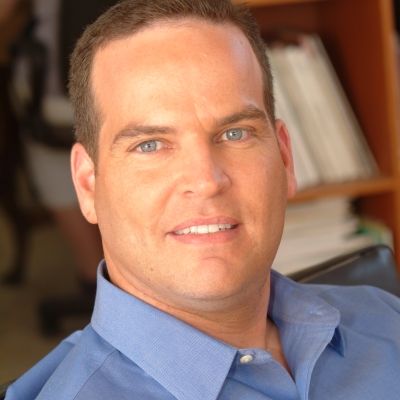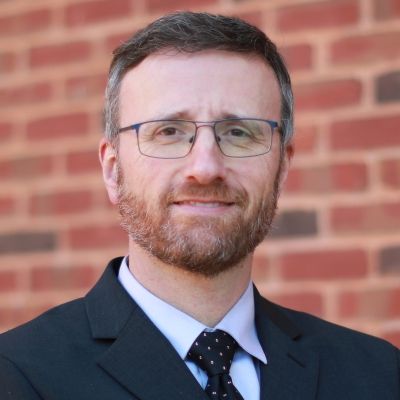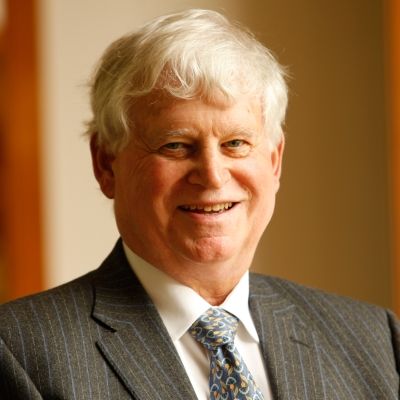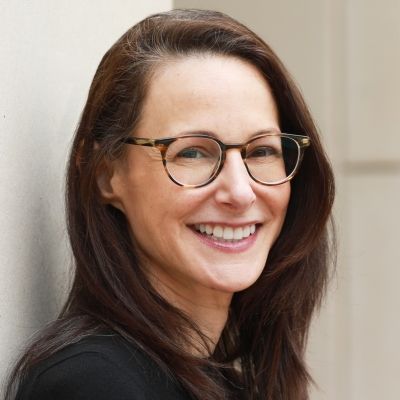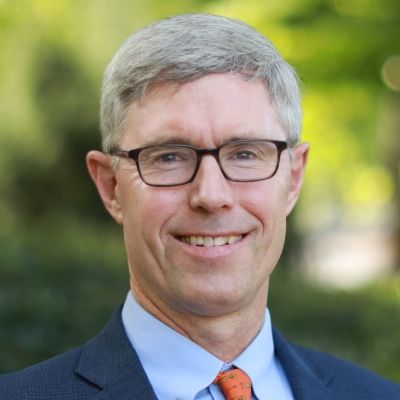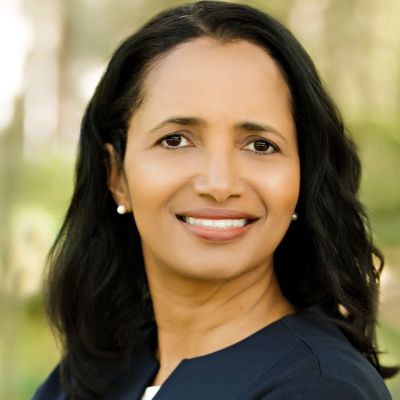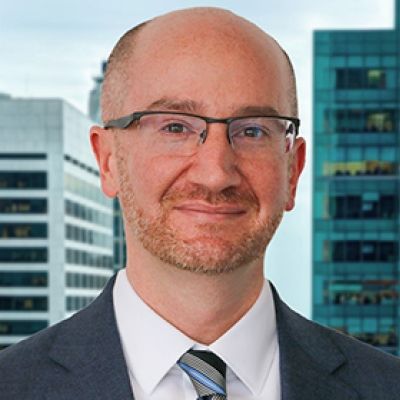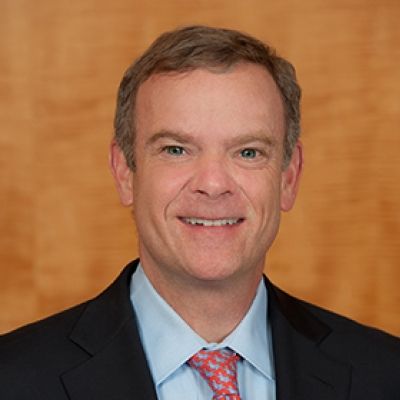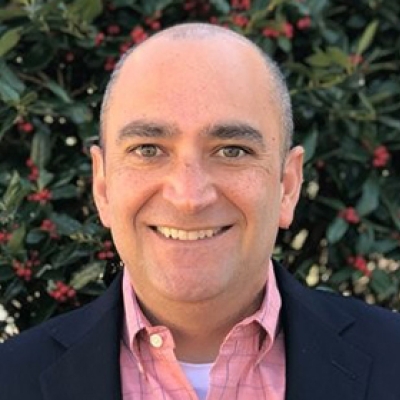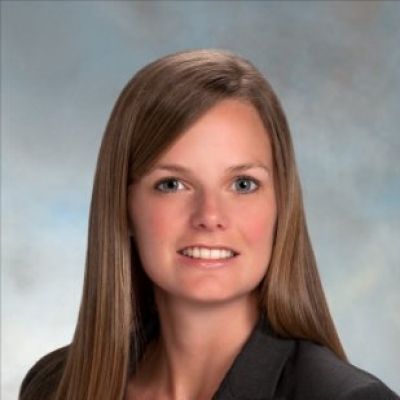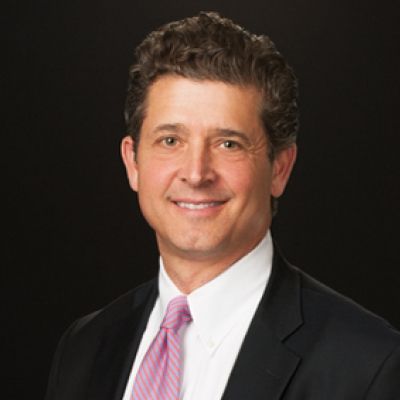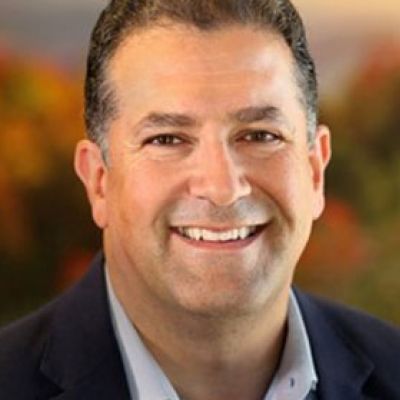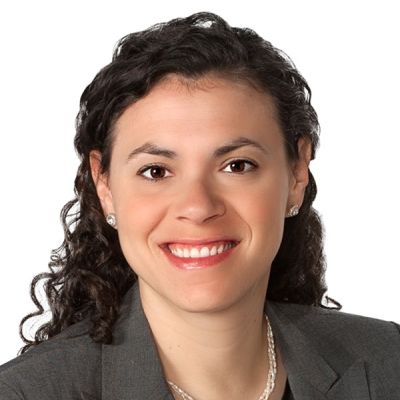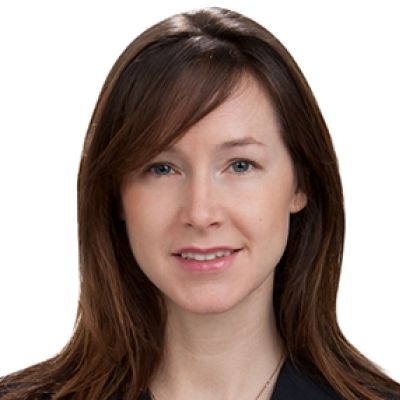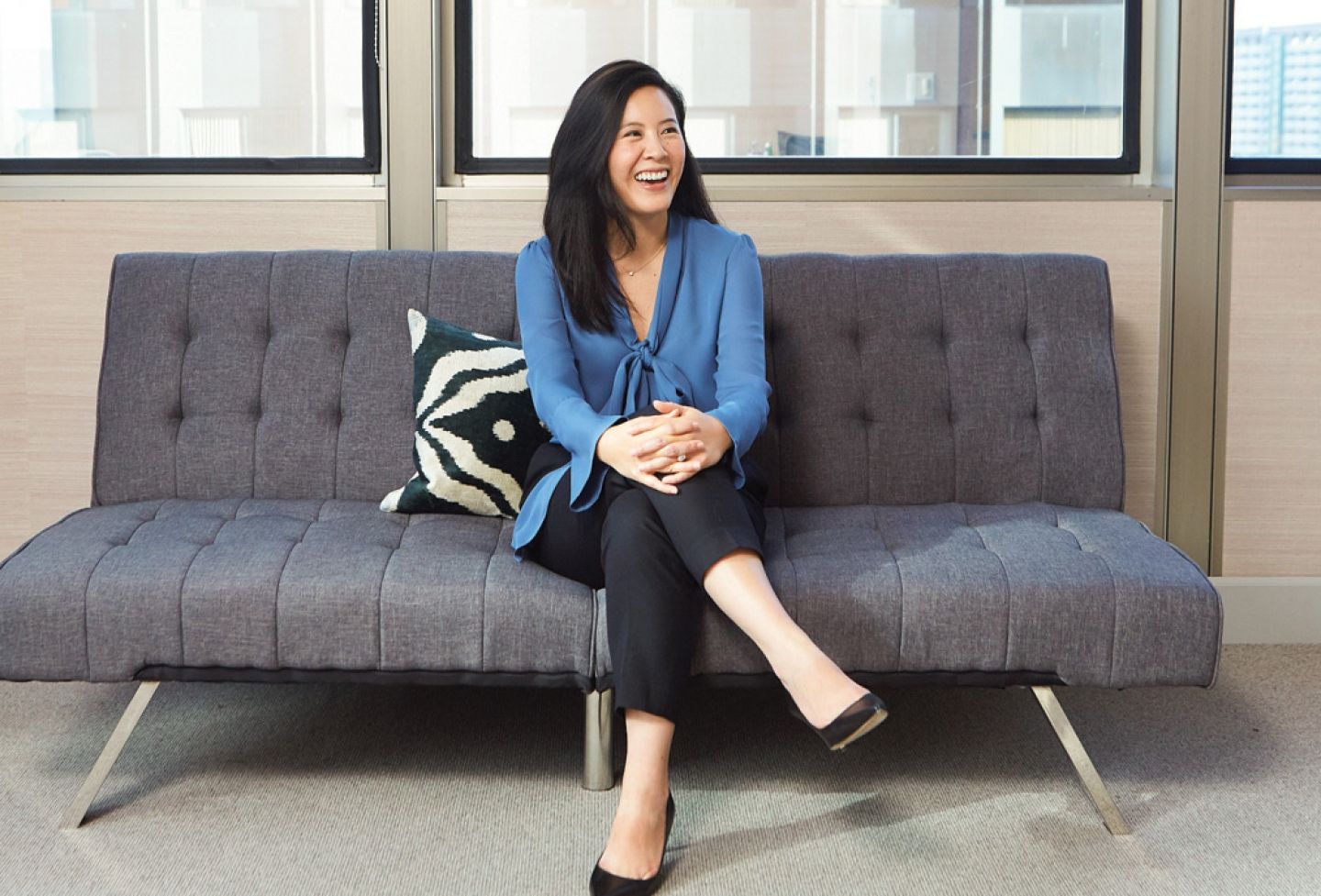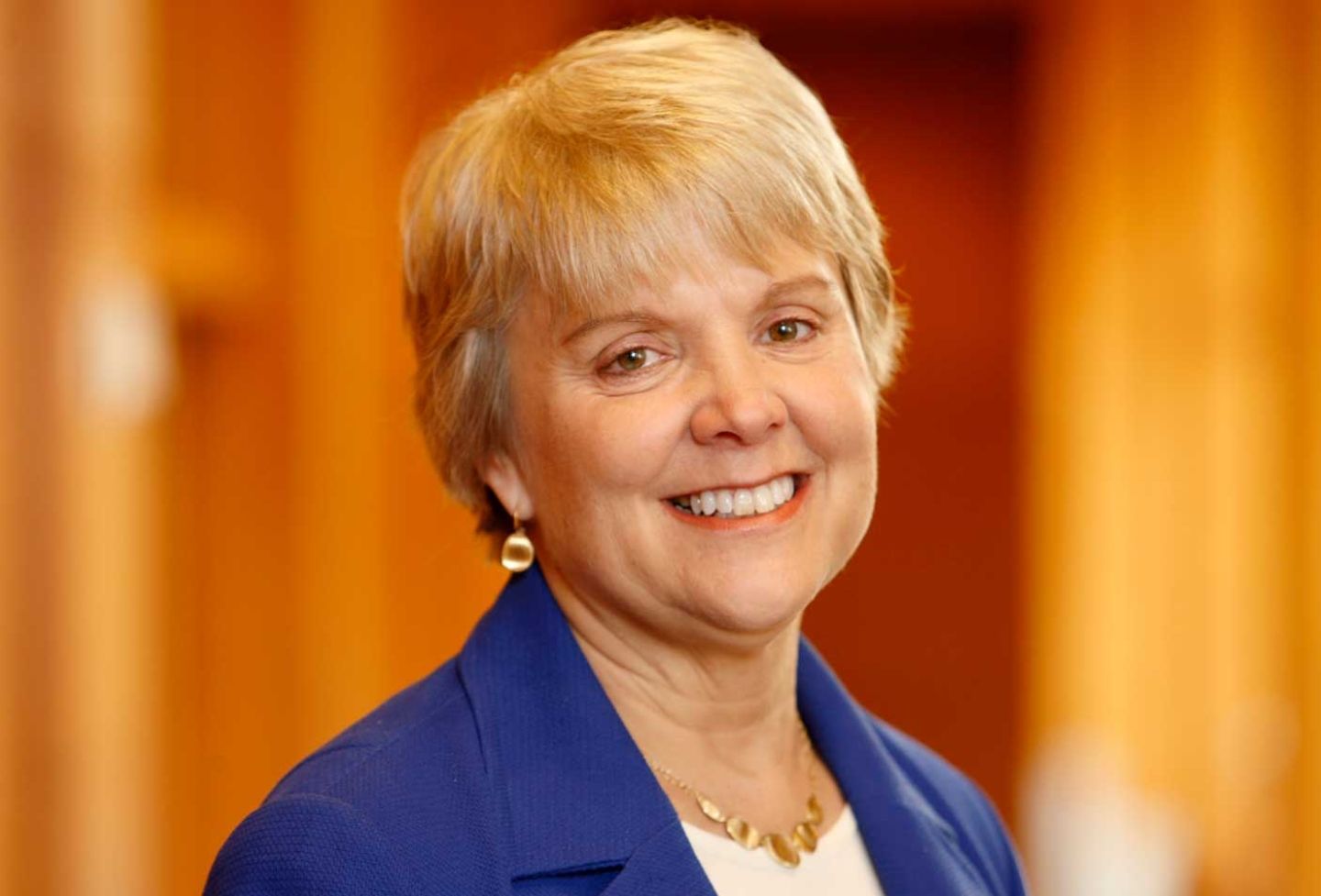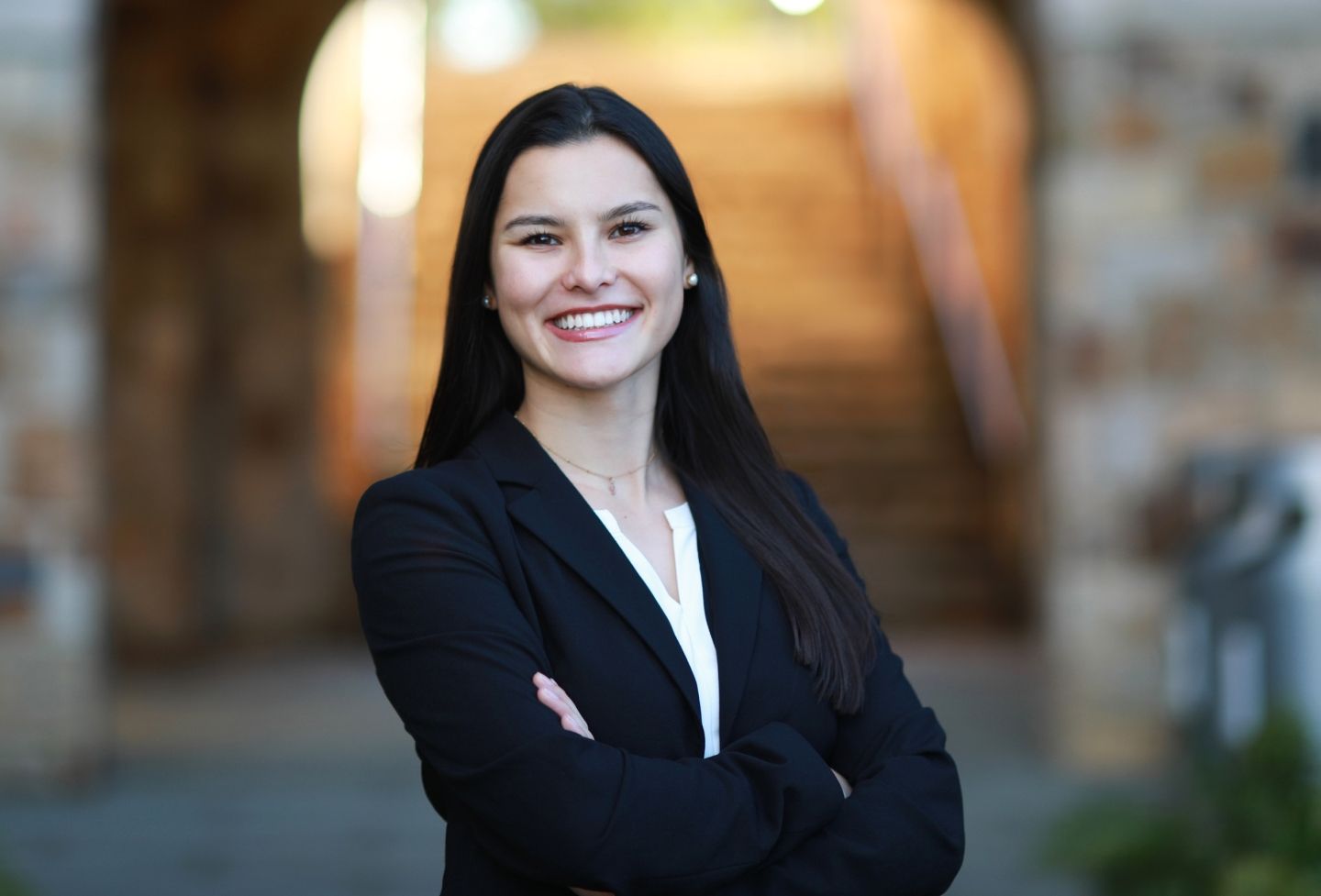About the Program
The innovations that produce economic growth and social progress first arise as ideas. The cost of bringing a new idea to market can be extraordinarily high, but the cost of copying that innovation is often very cheap. Intellectual property law tries to balance the incentive to create with society’s interest in spreading the benefits of innovation. The ability of digital technologies to copy and exploit the advantages of unique intellectual achievements presents new challenges for intellectual property law, making it one of the fastest-growing legal specialties in the United States. Virginia's IP program, combining a broad array of courses, hands-on clinics and professors who are focused on the real-world applications of their scholarship, offers students a unique foundation for exploring these challenges.
Peter S. Menell
David Almeling
Victoria A. Cundiff
...As the knowledge economy expanded and concerns about trade secret misappropriation mounted in the digital age, federal policymakers undertook efforts...
In 2018 the U.S. government announced that Chinese espionage was occurring in university research labs, and the Department of Justice subsequently...
Jennifer Mascott
Decisionmaking in the modern executive branch frequently rests on a convenient formalism. Ultimate power is typically vested in high-level...
This Article presents the first qualitative empirical review of permanent injunctions in trade secret cases. In addition, it explores the extent to...
Giulia Farrior
This Article analyzes the extraterritorial provision in the Defend Trade Secrets Act (DTSA) and considers the arguments on both sides of the question...
How should we allocate property rights in unowned tangible and intangible resources? This Article develops a model of original acquisition that draws...
Faculty Director(s)
John F. Duffy
Samuel H. McCoy II Professor of Law
Peter S. Menell
David Almeling
Victoria A. Cundiff
...As the knowledge economy expanded and concerns about trade secret misappropriation mounted in the digital age, federal policymakers undertook efforts...
In 2018 the U.S. government announced that Chinese espionage was occurring in university research labs, and the Department of Justice subsequently...
Jennifer Mascott
Decisionmaking in the modern executive branch frequently rests on a convenient formalism. Ultimate power is typically vested in high-level...
This Article presents the first qualitative empirical review of permanent injunctions in trade secret cases. In addition, it explores the extent to...
Giulia Farrior
This Article analyzes the extraterritorial provision in the Defend Trade Secrets Act (DTSA) and considers the arguments on both sides of the question...
How should we allocate property rights in unowned tangible and intangible resources? This Article develops a model of original acquisition that draws...
As we enter the second year post enactment of the federal Defend Trade Secrets Act, this Paper presents a snapshot of developments to assess whether...
Despite the blossoming of copyright law and authorship theories over the past decades, there has thus far been very little in terms of empirical...
Implantable medical devices measure and record data about the physiological development in a patient’s body, and communicate the data wirelessly to a...
More
Robert Brauneis
Who is the author in copyright law? Knowing who our copyright system currently incentivizes to create which works is a necessary precondition for...
This study is the first to conduct an in-depth empirical analysis of damages in trade secret cases in the U.S. From an original data set of cases in...
Sharon K. Sandeen
Recently, a cacophony of concerns have been raised about the propriety of noncompetition agreements (NCAs) entered into between employers and...
More
This symposium discussion of the Loyola of Los Angeles Law Review focuses on the newly enacted Defend Trade Secrets Act (DTSA). Panelists address...
More
Technology has facilitated both the amount of trade secrets that are now stored electronically, and the rise of cyber intrusions. Together, this has...
More
For more than a century, the commercial law of intellectual property has generated intense controversy with ever-growing stakes. The central fulcrum...
Assessing the fairness of settlements is an inherently difficult task. Because settlements foreclose the judicial determination of litigants’...
Michael Abramowitz
In Graham v. John Deere, the Supreme Court explained that patent law’s nonobviousness doctrine is meant to restrict the award of patents only to...
Daniel M. Mahfood
When a foreign individual or company misappropriates the trade secrets of an American company, and the acts of misappropriation occur entirely outside...
The registration records at the U.S. Copyright Office provide a valuable lens on the use and performance of the copyright system, but have not yet...
Nicholas Matich
In 2005 Congress created a new copyright formality: preregistration. Preregistration addresses a growing phenomenon in which copyrighted works are...
Tun-Jen Chiang
The ambiguity of claim language is generally considered to be the most important problem in patent law today. Linguistic ambiguity is believed to...
In today’s marketplace, companies from Disney to Hooters are increasingly integrating their image into the service that they provide. This has come to...
More
Michael Abramowitz
In Graham v. John Deere, the Supreme Court explained that patent law’s nonobviousness doctrine is meant to restrict the award of patents only to...
Genetically engineered plants and animals have become a large part of the food we consume. The United States is the world’s largest producer of...
In this paper we analyze how stand-up comedians protect their jokes using a system of social norms. Intellectual property law has never protected...
Earlier this year, Toyota issued recalls on over eight million vehicles because of faulty acceleration. Assume that the National Highway Traffic...
More
In tort law, the doctrine of contributory negligence captures conduct by the plaintiff which falls below the standard to which he should conform for...
Trade secret misappropriation litigation is often criticized for its negative effects on competition and speech. In particular, some accuse plaintiff...
This paper is grounded on the premise that sociological analysis can be of great benefit to trade secret law. More specifically, a sociological...
More
All have thus far considered the Constitutional Convention’s record on intellectual property puzzling and uninformatively short. This Article revisits...
In There’s No Free Laugh (Anymore): The Emergence of Intellectual Property Norms and the Transformation of Stand-Up Comedy, 94 Virginia L. Rev. 1787...
In this paper, we analyze how stand-up comedians protect their jokes using a system of social norms. Intellectual property law has never protected...
When a trade secret owner discovers its trade secrets have been posted on the Internet, there is currently no legislative mechanism by which the owner...
More
When a trade secret is stolen from its owner and posted on the Internet, the default rule is that it becomes a free for all. By virtue of the fact...
More
Can Congress pass under one of its powers a statute that conflicts with the language of another Congressional power? This unsettled question has...
The Article elucidates the Intellectual Property Clause by studying the neglected record from the Constitutional Convention of 1787 pertaining to it...
This essay advances a formalist conception of constitutional stare decisis. I shall argue that instrumentalist accounts of precedent are inherently...
The experimental use exception has recently come under attack by many who consider it too narrow. Much of this discontent with the doctrine has been...
Should an employer be able to enjoin an employee from working for a competitor when the employee did not sign a non-competition agreement? Under the...
More
Sometimes technological change is so profound that it rocks the foundations of an entire body of law. Peer-to-peer (P2P) filesharing systems - Napster...
In Free Culture: How Big Media Uses Technology and the Law to Lock Down Culture and Control Creativity, Lawrence Lessig warns that the health of the...
The paper examines a question of general interpretive significance about the relationship between enumerated powers within the particular context of...
This paper is a discussion of the Supreme Court's decision in Eldred v. Ashcroft. In the paper, I argue that the ambiguity at issue in Eldred has...
Avishalom Tor
In this Article, we highlight for the first time some of the significant but hitherto unrecognized behavioral effects of copyright law on individuals'...
The Intellectual Property Clause of the United States Constitution grants Congress power "To promote the Progress of Science and useful Arts, by...
Whether and how the federal securities laws should restrict insider trading is one of the most hotly debated topics in the securities law literature...
Resident Faculty
Resident Faculty
Administrative law, civil procedure, computer crime, federal courts, national security law
Corporations, securities and real estate law; consumer financial markets
Corporate law and corporate finance
Intellectual property, patents, administrative law
Property, corporations and land conservation, nonprofit organizations
Constitutional law, antitrust and communications regulation, national security
Intellectual property, law and economics
Health law and bioethics
Legal theory, constitutional theory, procedure, philosophy of law
Corporate law and securities, industrial and intellectual property, economic regulation and history
Privacy, First Amendment, feminism and the law, civil rights, administrative law
Bankruptcy and consumer finance law
Trade secret law, intellectual property, trademark law, patent law
Curriculum
The following is a list of courses offered during 2021-24. Numbers in parentheses indicate which academic year(s) the courses were offered, i.e., 2021-22 is coded (22), 2022-23 is coded (23) and 2023-24 is coded (24). (SC) stands for short course and (YR) stands for yearlong.
The following is a list of courses offered during the current and two previous academic years. Numbers in parentheses indicate which academic year(s) the courses were offered, i.e., 2020-21 is coded (21), 2021-22 is coded (22) and 2022-23 is coded (23). (SC) stands for short course and (YR) stands for yearlong.
Antitrust in the Digital Economy (SC) (22,24)
Art Law (SC) (22,24)
Computational Text Analysis for Legal Practice (SC) (22)
Computer Crime Law (22,24)
Copyright Law (22,23,24)
Emerging Growth Companies and Venture Capital Financing: Principles and Practice (22,23,24)
Exercises in Rulemaking: Society, Technology and the Law (SC) (22)
Forensic Psychology in Criminal Proceedings (24)
Internet Law (22,23)
Introduction to the Law of Trade Secrets (SC) (22)
Israeli Business Law and Innovation (SC) (23)
Law and Artificial Intelligence (23)
Law and Technology Colloquium (22,23,24)
Law of Artificial Intelligence (SC) (24)
Legal Practice and the Startup Company: An Inside Look (SC) (22,23,24)
Music Law: Analytical and Client Management Skills (SC) (22,23,24)
Patent Law (22,23,24)
Privacy Torts (24)
Survey of Patent, Copyright, Trademark (22,23,24)
Trade Secret Law (23,24)
Trademark Law (23,24)
Art Law (SC) (22,24)
Computational Text Analysis for Legal Practice (SC) (22)
Computer Crime Law (22,24)
Copyright Law (22,23,24)
Emerging Growth Companies and Venture Capital Financing: Principles and Practice (22,23,24)
Exercises in Rulemaking: Society, Technology and the Law (SC) (22)
Forensic Psychology in Criminal Proceedings (24)
Internet Law (22,23)
Introduction to the Law of Trade Secrets (SC) (22)
Israeli Business Law and Innovation (SC) (23)
Law and Artificial Intelligence (23)
Law and Technology Colloquium (22,23,24)
Law of Artificial Intelligence (SC) (24)
Legal Practice and the Startup Company: An Inside Look (SC) (22,23,24)
Music Law: Analytical and Client Management Skills (SC) (22,23,24)
Patent Law (22,23,24)
Privacy Torts (24)
Survey of Patent, Copyright, Trademark (22,23,24)
Trade Secret Law (23,24)
Trademark Law (23,24)
Clinics
Advanced Patent and Licensing Clinic (23,24)
Entrepreneurial Law Clinic (22,23,24)
Patent and Licensing Clinic (22,23,24)
Elizabeth Tuan ’13, a partner at Los Angeles-based Irell & Manella, has won big patent litigation verdicts, yet has also fought for the small consumer in her pro bono work.
Clinics
Being a good intellectual property lawyer requires adaptability in a dynamic field and an understanding of the realities of producing intellectual works.
Run in conjunction with the University of Virginia Patent Foundation, two patent clinics offer hands-on experience as students learn how and when to file patents and draft licensing agreements, deal with clients in the science and technology fields, and research and write about cutting-edge patent topics.
The first clinic involves practical training in patent drafting as well as the negotiation and drafting of patent and software license agreements. Students are assigned to one or more significant drafting and counseling projects and work in the office of the UVA Licensing & Ventures Group one day per week. Clinic participants may evaluate inventions and computer software for patentability and commercial value; counsel UVA faculty inventors regarding patentability, inventorship and the patenting process; prepare, file and prosecute provisional U.S. patent applications; and deal with patent examiners and research current issues in the fields of intellectual property and technology transfer. In a second clinic, the student may work exclusively with patent attorneys drafting, filing and prosecuting patent applications. Alternatively, the student may choose to work exclusively with licensing agents to draft license agreements, negotiate terms and conditions, and prepare confidentiality agreements and marketing documents.
Recent projects include:
- A patent application for a class of metals capable of recovering their original shape and thickness after impact or crushing
- Converting a provisional patent application on technology designed by a pharmacology professor that may halt the spread of cancerous cells
- A brief on pharmaceutical patents in developing countries
- A patent application for a battery-operated, handheld imaging device that promises to perform better than most ultrasound instruments
- Prior art search and a draft patent application for a novel seatbelt-control system
- Prior art review, market research and marketing for a neuro-stimulation technique for the treatment of epilepsy
Professor Margaret Foster Riley of the University of Virginia School of Law has been appointed to a new National Institutes of Health advisory committee that’s exploring challenges with emerging biotechnologies.
Student Organizations
Law, Innovation, Security & Technology
LIST focuses on the novel legal, policy and business problems caused by the proliferation of emerging technologies, through speakers and other activities. The group also educates students and prepares them with practical skills; connects them with a network of mentors, experts and resources; and collaborates with the policy, business and technology communities. A recent networking event featured prominent attorneys from firms, U.S. attorneys’ offices, the Justice Department, the FBI and various public interest groups like the American Civil Liberties Union. More
Virginia Journal of Law & Technology (VJOLT)
Virginia Law's only e-journal, VJOLT provides a forum for students, professors and practitioners to discuss emerging issues at the intersection of law and technology. Recent issues have included articles on biotechnology, telecommunications, e-commerce, internet privacy and encryption. VJOLT publishes full-text articles directly to the Web. More
Virginia Law Emerging Companies and Venture Capital Society
ECVC is dedicated to supporting entrepreneurial initiatives across Grounds, connecting law students with students from other schools, and serving as a hub for those interested in entrepreneurship and entrepreneurial law. More
Other Organizations
The Virginia Law and Business Society explores the nexus between the worlds of law and business and sometimes features speakers on intellectual property topics. The JD/MBA Society serves as a focal point for communication between J.D. and M.B.A. students and sponsors events and activities that promote interaction among the Law and Business School communities.
First-year University of Virginia School of Law student Lauren Grohowski discusses her inventions and how her father’s experience as a lawyer fueled her interest going into law.
Staci Riordan, partner and chair of the Fashion Law Practice Group at Fox Rothschild, spoke about her professional experiences and growth in the field as part of the Virginia Journal of Law and Technology's Symposium "The Future of Fashion Law."
